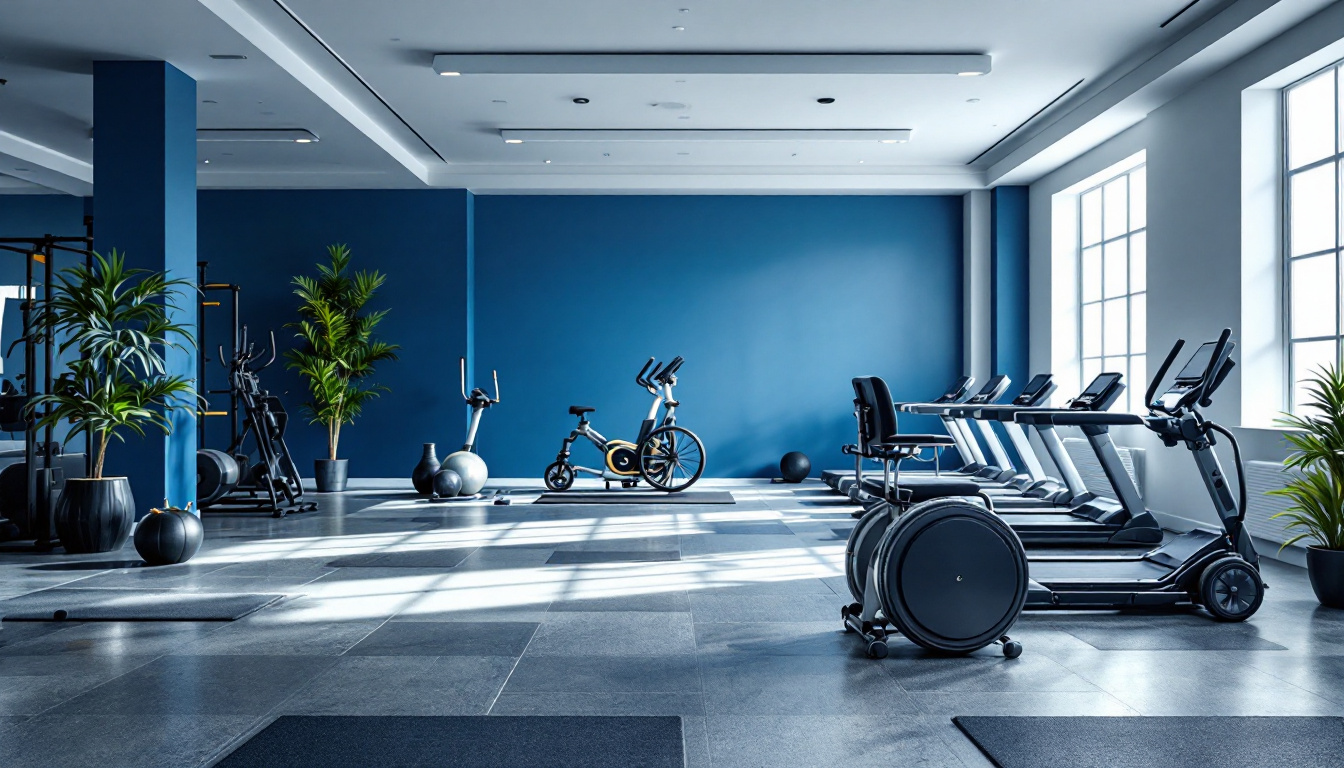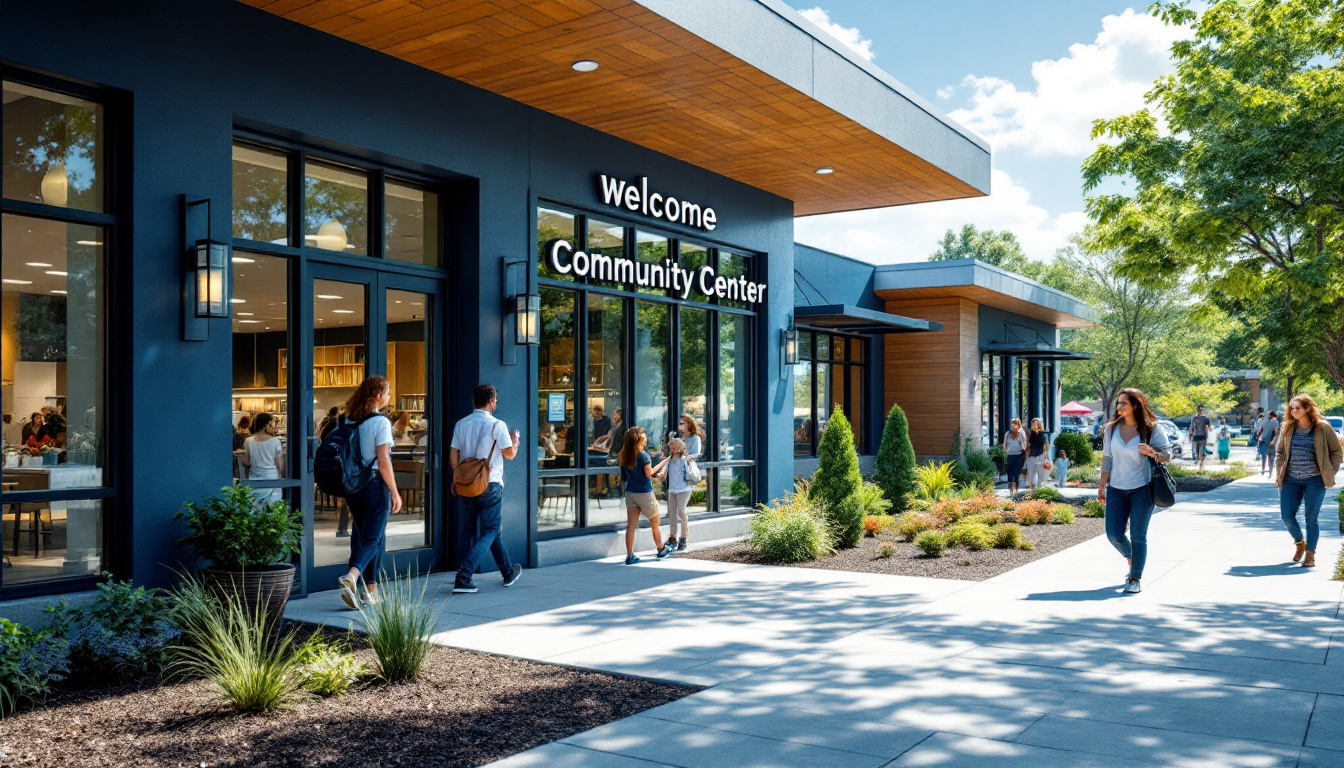
Why Household Organization Skills Matter for Adults with Disabilities
Developing household management and organization skills is a crucial step toward autonomy for adults with disabilities. These skills not only foster independence but also enhance self-esteem, safety, and community participation. A comprehensive understanding of how to cultivate these abilities can lead to improved quality of life and a stronger sense of personal control.
Understanding the Role of Life Skills in Independence

What behavioral, intellectual, and interpersonal qualities are necessary for daily living?
Life skills encompass a broad range of qualities that enable adults to live independently and confidently. These include behavioral traits like responsibility, reliability, and adaptability, as well as intellectual skills such as problem-solving, decision-making, and critical thinking. Interpersonal skills, including communication, emotional intelligence, and social awareness, are essential for interacting effectively within communities.
Developing these qualities allows individuals to manage personal care routines, handle household chores, and navigate social settings. For example, emotional resilience helps cope with everyday stressors, while effective communication supports self-advocacy and social inclusion.
How do life skills contribute to employment, community participation, and financial management?
Proficiency in life skills significantly impacts an adult’s ability to find and keep employment. Skills like punctuality, task organization, and effective communication make workplace interactions smoother and increase employability.
In the community, social skills facilitate participation in events, volunteer activities, and recreational groups, fostering a sense of belonging.
Financial management skills such as budgeting, saving, and understanding credit help maintain economic independence. Managing money responsibly reduces reliance on external support and increases the ability to participate fully in community life.
Table 1 summarizes some essential life skills and their practical applications:
| Skill Area | Specific Skills | Practical Examples |
|---|---|---|
| Daily Living Skills | Personal hygiene, meal prep, housekeeping | Maintaining personal appearance, cooking nutritious meals |
| Social Skills | Communication, empathy, boundaries | Engaging in conversations, resolving conflicts |
| Financial Skills | Budgeting, paying bills, saving | Managing a personal budget, using banking apps |
| Self-Advocacy | Assertiveness, decision-making | Asking for help, expressing needs |
Supporting the development of these qualities involves structured teaching, real-life practice, and ongoing reinforcement, ultimately leading to greater independence, participation, and fulfillment in life.
Strategies for Building Household Management and Organizational Skills

What are effective strategies for developing household management and organizational skills for adults with disabilities?
Building these skills starts with understanding how to organize spaces and manage daily routines effectively. Using visual aids such as charts, labeled containers, and step-by-step instructions helps individuals grasp tasks more clearly and remember processes.
Checklists are another powerful tool. For example, checklists for morning routines, cleaning schedules, or grocery shopping can guide users through each step, fostering independence and confidence.
To make tasks more manageable, incorporating adaptive tools and techniques is essential. For instance, using robotic vacuums for cleaning or specialized organizational systems like the SORT (Sort, Organize, Remove, Track) method can streamline chores and reduce overwhelm.
Breaking large tasks into smaller, achievable steps ensures progress without frustration. Establishing consistent routines—such as daily cleaning times or weekly laundry days—helps reinforce habits and creates a predictable environment.
Designating specific places for belongings ensures easy access and reduces clutter. This might include labeled drawers, storage bins, or dedicated hooks for keys and bags.
Hands-on training, possibly guided by professionals like occupational therapists, can reinforce these skills. Demonstrations and practice sessions help individuals understand how to perform tasks safely and independently.
Support from support networks and regular reviews of progress are crucial. Setting realistic goals, adjusting strategies as needs evolve, and providing encouragement promote long-term success.
Incorporating effective communication strategies and involving the individual in planning increases motivation and ensures the support provided meets their preferences and abilities.
Ultimately, consistent practice, patience, and personalized approaches forge a path toward more organized living and greater independence for adults with disabilities.
Practical Tips for Improving Household Routines and Cleanliness

What are practical tips to improve household routines and cleanliness for adults with disabilities?
Enhancing household routines and cleanliness can significantly boost independence and comfort for adults with disabilities. One effective approach is to simplify and organize tasks by categorizing belongings—like grouping kitchen supplies or personal care items—and assigning each a designated spot, often called a 'home.' This method minimizes clutter and makes chores faster and easier to complete.
Establishing a regular, manageable cleaning schedule is crucial. Break down cleaning tasks into small, specific steps scheduled consistently—such as tidying up each evening or cleaning bathroom fixtures weekly—to prevent mess buildup. Using visual cues or checklists, like those recommended on sites such as FlyLady.net, can help keep routines consistent.
Adaptive cleaning tools can make a big difference. Lightweight, ergonomic supplies, long-handled dusters, grabbers, and robotic vacuums help reduce physical effort and accommodate mobility limitations. These tools support adults in maintaining their space with less strain, fostering independence.
Communication plays a vital role as well. Open dialogue with caregivers or family members helps to share individual needs and distribute chores fairly. Using visual or step-by-step guides can clarify expectations and ease involvement. Support systems like checklists or templates help develop routines that are both sustainable and tailored.
Finally, consider modifications and assistive devices to enhance safety and convenience. Grab bars, accessible laundry appliances, dressing aids, and adaptive equipment empower adults to perform household tasks independently while ensuring safety. Integrating these strategies creates an environment where independence and cleanliness go hand in hand, enriching overall quality of life.
Designing Accessible Living Spaces to Foster Independence
 Creating a home environment that promotes autonomy for adults with disabilities involves thoughtful modifications tailored to individual needs. The principles of universal design play a crucial role in making spaces more accessible. This includes widening doorways to accommodate mobility devices, installing ramps instead of stairs, and ensuring proper lighting to improve visibility.
Creating a home environment that promotes autonomy for adults with disabilities involves thoughtful modifications tailored to individual needs. The principles of universal design play a crucial role in making spaces more accessible. This includes widening doorways to accommodate mobility devices, installing ramps instead of stairs, and ensuring proper lighting to improve visibility.
Practical adaptations such as grab bars in bathrooms, non-slip flooring, lever handles on doors and faucets, and hazard reduction can enhance safety and ease of movement within the home. Sensory accommodations—like adjustable lighting, soundproofing, and textured surfaces—help address sensory processing challenges, creating a more comfortable living space.
The integration of assistive technology is vital in fostering independence. Voice-activated devices support communication and control of home systems, emergency response systems ensure safety, and communication aids assist those with speech or hearing difficulties.
Engaging professionals for home assessments can identify specific needs and recommend effective modifications. Many organizations and government programs also offer financial assistance or grants to support home modifications, making it more accessible for individuals to adapt their spaces.
Ultimately, well-designed homes not only facilitate daily activities but also promote health, safety, and social participation, helping adults with disabilities live more independently.
Resources and Programs Supporting Adult Independence
 Several community-based organizations and local agencies offer valuable programs to help adults with disabilities develop essential life skills. One prominent example is Pathways to the Future, which provides tailored training aimed at fostering independence in areas such as personal care, household management, and community engagement. Similarly, the Center for Independent Living (CRI) offers comprehensive resources, including workshops, online learning modules, and support networks focused on building skills like budgeting, transportation, and self-advocacy.
Several community-based organizations and local agencies offer valuable programs to help adults with disabilities develop essential life skills. One prominent example is Pathways to the Future, which provides tailored training aimed at fostering independence in areas such as personal care, household management, and community engagement. Similarly, the Center for Independent Living (CRI) offers comprehensive resources, including workshops, online learning modules, and support networks focused on building skills like budgeting, transportation, and self-advocacy.
These programs emphasize not only practical skills but also social integration, helping individuals participate fully in community life. They often include personalized assessments to identify specific needs and goals, allowing for customized support plans. Workshops and hands-on activities facilitate real-world practice, which increases confidence and self-reliance.
Local agencies such as United Disabilities Services (UDS) and Aptiv extend this support by providing employment assistance, transition programs for young adults, and ongoing skill development tailored to individual circumstances.
Overall, these resources serve to empower adults with disabilities by offering structured pathways toward greater independence, improved quality of life, and community involvement. The integration of these programs into daily routines helps individuals gain autonomy over their personal and social lives, ultimately supporting their ability to live more independently.
Fostering a Supportive Path Toward Household Independence
Building household organization skills for adults with disabilities is a multifaceted endeavor that requires tailored strategies, accessible environments, and continuous support. By integrating practical techniques such as visual aids, adaptive tools, and home modifications, caregivers and professionals can empower individuals to live more independently. Engaging community resources and specialized programs further enhances skill development, fostering greater autonomy and participation in community life. Emphasizing patience, personalized approaches, and ongoing assessment will cultivate an environment where adults with disabilities can thrive, enjoy a higher quality of life, and achieve their full potential.
References
- Basic Life Skills for Adults with Disabilities - UDS
- House Cleaning and Organizing Tips When You Are Disabled
- Building Life Skills for Adults with Developmental Disabilities
- Intellectual Disability Self-Care & Independent Living Skills
- Independent Living Skills Checklist for Adults with Disabilities
- 7 Essential Independent Living Skills for Adults with Disabilities
- Daily Life Skills for Adults With Developmental Disabilities












